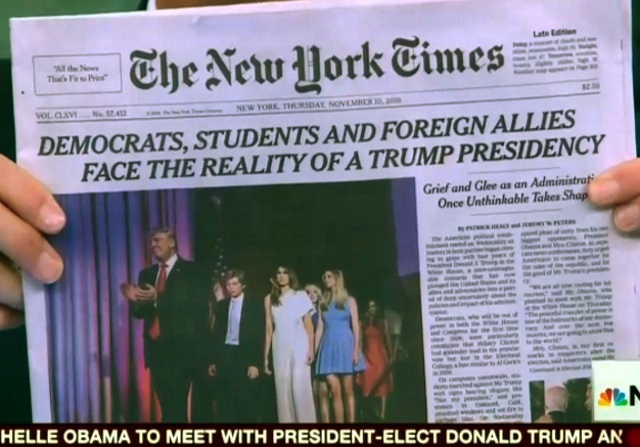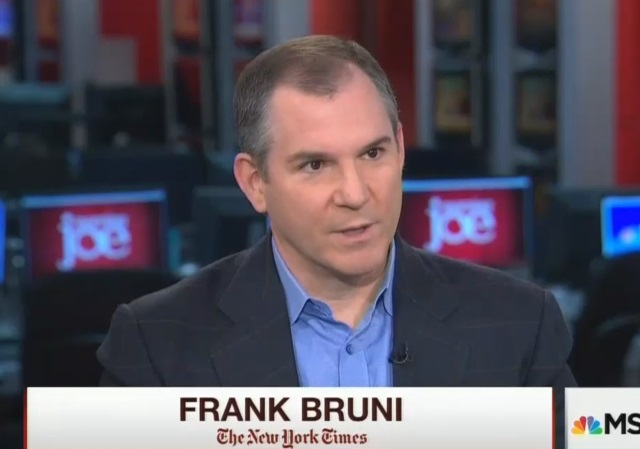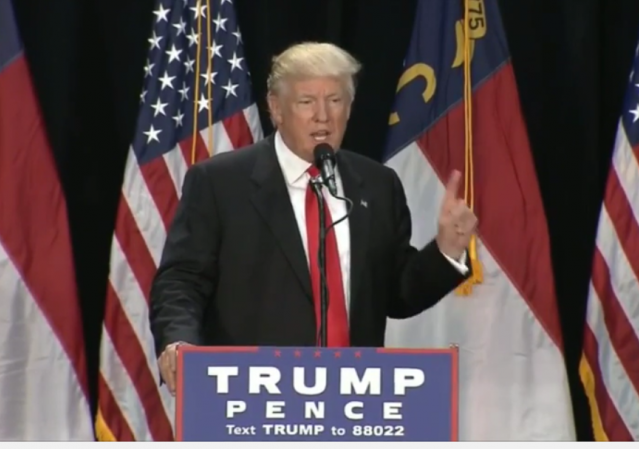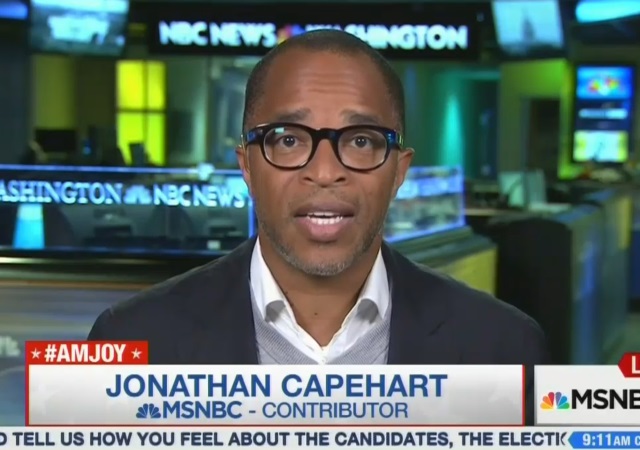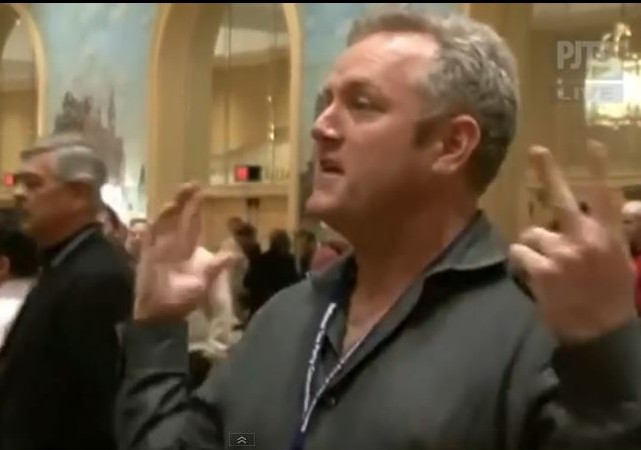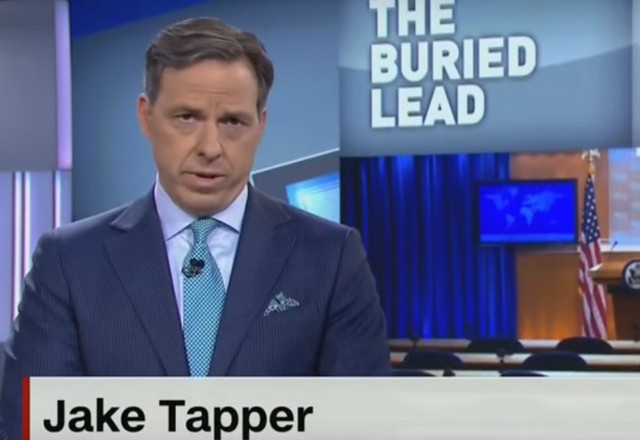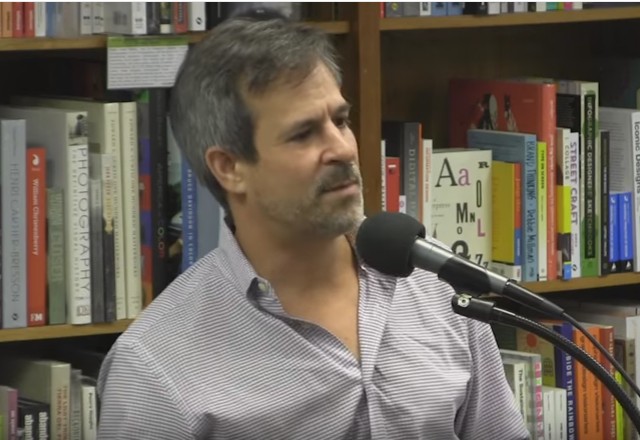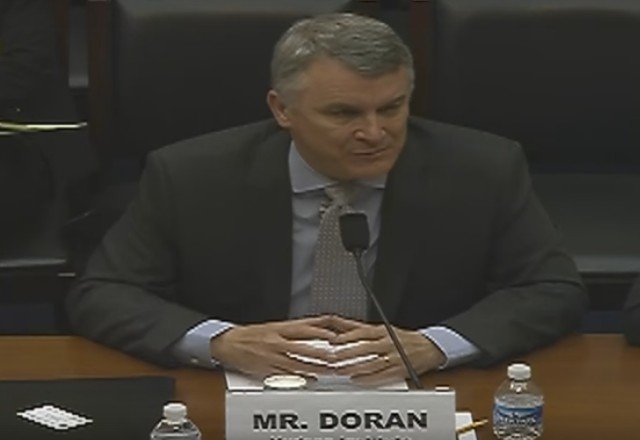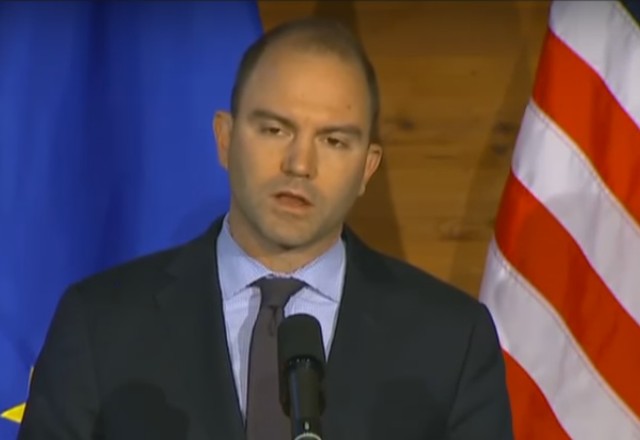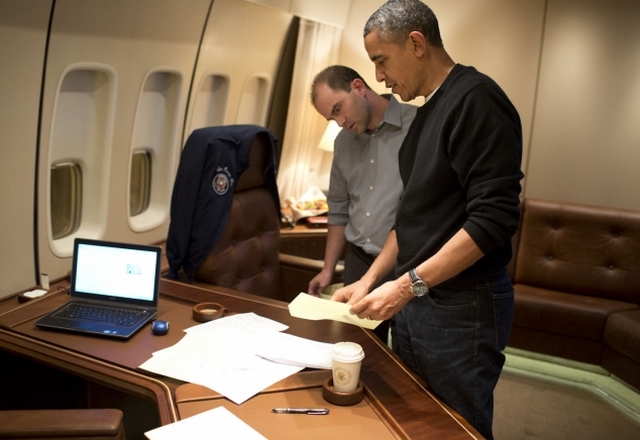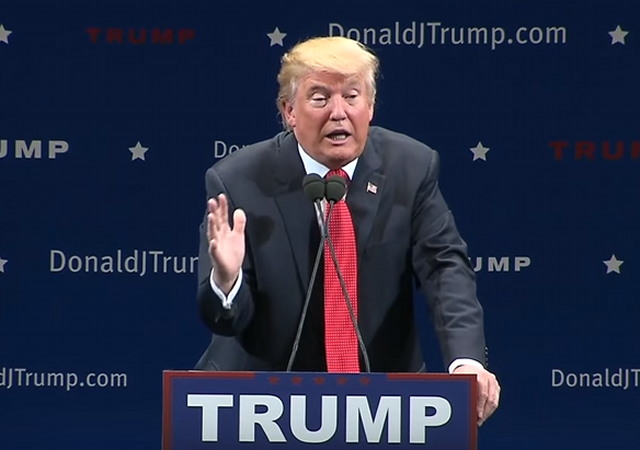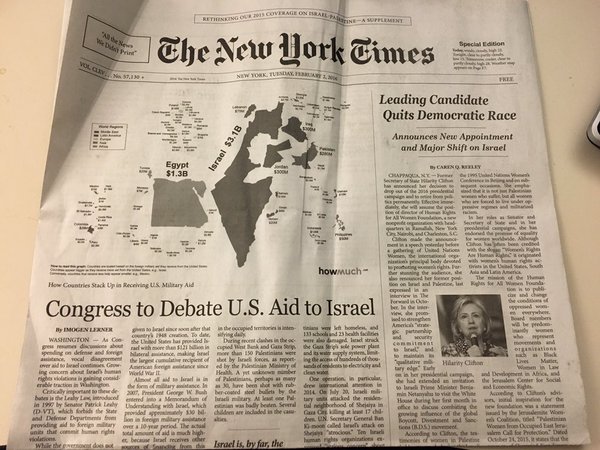NY Times Tag
NY Times: Sorry not sorry for biased reporting
MARK HALPERIN: Look at the headline of this story. [Featured Image] Look at the headline of this story. This is the day after a surprising underdog sweeping victory and their headline is not “disaffected Americans have a champion going to the White House” or “the country votes for fundamental change.” The headline is about how disappointed the friends of the people who run the New York Times are about what’s happened. It’s amazing. It’s amazing to me that this is the headline of the New York Times. JOE SCARBOROUGH: Look at this. Look at this. This is staggering. It really is, Mark. I’m glad you brought this up.
NYT’s Bruni Whistles Past Graveyard: Comey Letter ‘Won’t Move People Away’ from Hillary
NY Times Reporter Won’t Say If She Knows Anybody at Paper Who’s Pro-Life
Multiple claims of sexual misconduct made against Trump in past 24 hrs.
WaPo’s Capehart Cautions Against ‘Tax Cheats’ Seconds After Saying What Trump Did Was Legal
Does That Make the New York Times Tax Cheats, Too?...
New York Times Gives up on Ohio as Hillary’s Chances Fade
Ohio, Long a Bellwether, Is Fading on the Electoral Map After decades as one of America’s most reliable political bellwethers, an inevitable presidential battleground that closely mirrored the mood and makeup of the country, Ohio is suddenly fading in importance this year.
NY Times repeats false claim Andrew Breitbart’s Shirley Sherrod tape was “misleading”
Before Mr. Breitbart died, the site had gained notoriety by championing the Tea Party movement and publicizing an undercover video that led to the closing of Acorn, the community organizing group. It also posted misleading footage of Shirley Sherrod, a black Department of Agriculture official, who was fired for seeming to express resentment toward a white farmer; the White House later apologized.This is not the first time the NY Times has made this accusation. In a 2014 article about Breitbart News, the Times wrote;
At times Breitbart’s attack-the-enemy approach to journalism has landed the news operations in hot water. In 2010, for example, it was criticized for editing a video to make Shirley Sherrod, a former Agriculture Department official, appear to be making racist remarks about white people. The full video showed that she did not.Wrong. False. Either ignorant or malicious.
Jake Tapper Demands Accountability from State Dept. Will MSM Follow?
Some Jew-baiting is more equal than others to the media
Singling Out Jews in Yellow
Shortly before the Senate vote on the nuclear deal with Iran was supposed to take place (but was filibustered by Democratic supporters of the deal), The New York Times *helpfully* provided a list letting everyone know which Jewish lawmakers were against the deal, with the names highlighted in yellow.
The New York Times, after the expected (and deserved) outrage, removed the "Religion" column from the list but acknowledged no wrongdoing, "[under] Times standards, the religion or ethnicity of someone in the news can be noted if that fact is relevant and the relevance is clear to readers." Nonetheless due to readers' outrage, it adjusted the list.
The Five Deceptions of Obama-Rhodes Echo Chamber
The Rhodes to Perdition
Grand Deception: How Obama and Ben Rhodes Lied Us Into the Iran nuke deal
Does NY Times have damaging recording of Trump on immigration?
.... something happened on the way to the denunciations and purges [of Trump]. Kate Steinle was murdered in San Francisco, a sanctuary city. Steinle was killed in broad daylight on a popular pedestrian pier in a business and tourist district, by an illegal immigrant with a long criminal record who had been deported five times and recently was released from custody…. In the wake of the murder of Kate Steinle, many Republican candidates have denounced the sanctuary-cities agenda. There is talk of withholding funding from cities that refuse to cooperate with federal immigration authorities. But who among the Republican candidates has stood side by side with the families who have lost loved ones to illegal-immigrant criminals? Trump did….”Since then, immigration has continued to be the rocket fuel in Trump's campaign.
Israel’s Legitimacy is not dependent on a Palestinian State, or The NY Times
NY Times gets Pallywooded (Update – Jewish Voice for Peace takes credit)

NY Times “can never quite find elusive answer to question why Palestinians keep murdering Jews”
Raed Jaradat was 22, an accounting student from a well-to-do family here, already working part time with his father in his stone quarry and construction business. After Dania Ersheid, 17, was shot and killed by Israeli soldiers who said she had pulled a knife at the Ibrahimi Mosque in Hebron, a version disputed by Palestinians, Mr. Jaradat wrote an angry post on Facebook: “Imagine if this were your sister!”Stephen Flatow takes apart both the Erlinger article and the genre, Let’s play the ‘blame Israel game’ with The New York Times:
NYT Endorses John Kasich
Gov. John Kasich of Ohio, though a distinct underdog, is the only plausible choice for Republicans tired of the extremism and inexperience on display in this race. And Mr. Kasich is no moderate. As governor, he’s gone after public-sector unions, fought to limit abortion rights and opposed same-sex marriage.
Donations tax deductible
to the full extent allowed by law.
CONTRIBUTORS
- William A. Jacobson
Founder
- Kemberlee Kaye
Sr. Contrib Editor
- Mary Chastain
Contrib Editor
- Mike LaChance
Higher Ed
- Leslie Eastman
Author
- Vijeta Uniyal
Author
- Stacey Matthews
Author
- Jane Coleman
Author
- James Nault
Author
- Elizabeth Stauffer
Author
- Mandy Nagy
Editor Emerita
- Learn more about the Contributors



